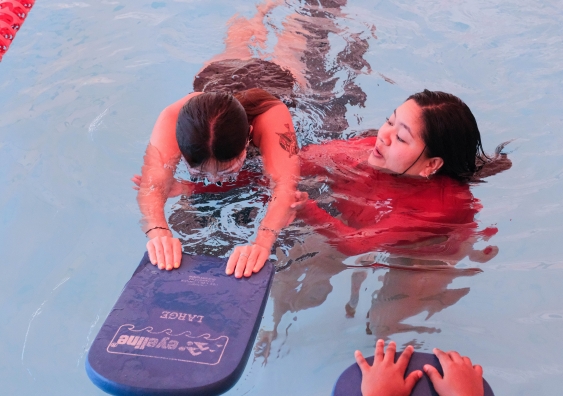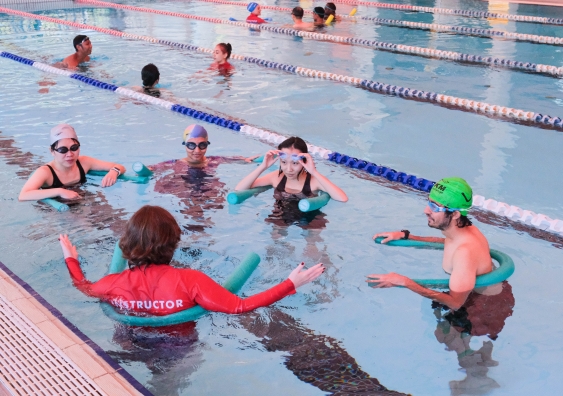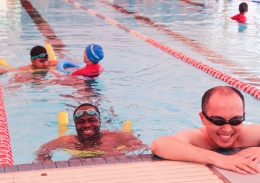Staying afloat: how a swimming program is helping international students find a sense of belonging
After COVID-19 shutdowns cut the learn to swim program short, its recommencement has created a renewed feeling of community among UNSW international students.




